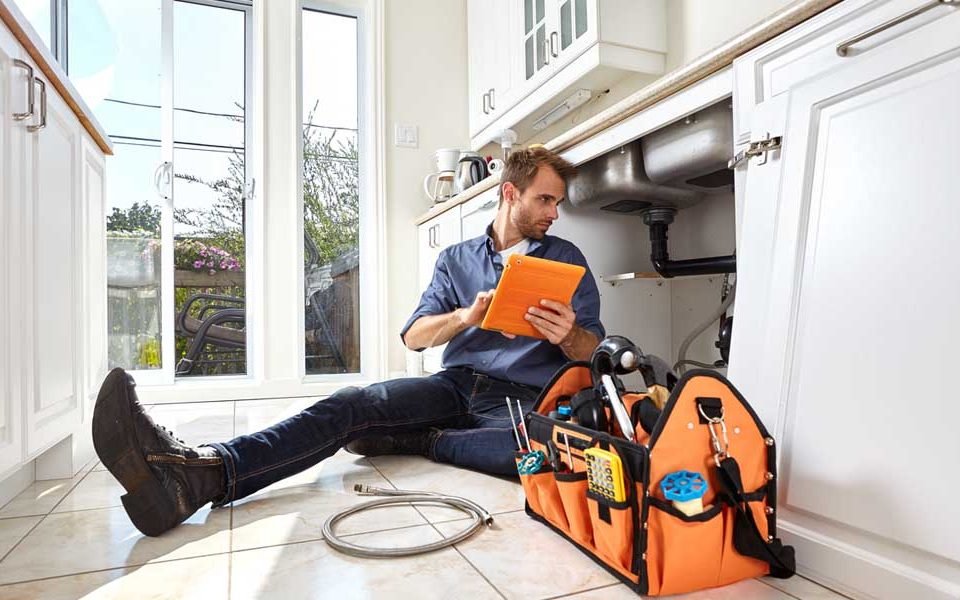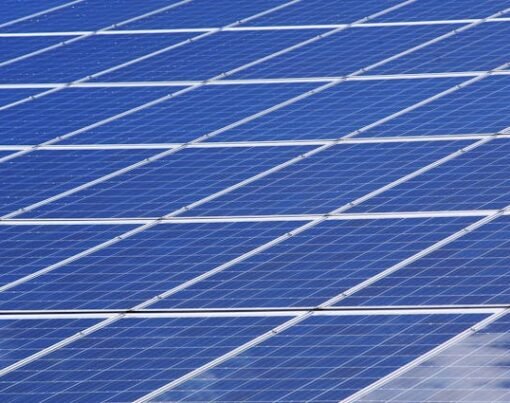Home upkeep can, admittedly, be dull and daunting. However, being proactive and investing a tiny bit of time, money, and effort into house maintenance can have a big impact on your finances, health, and the environment.
Table of Contents
What is home maintenance?
Examining and, if necessary, fixing or replacing your house’s different components is known as home maintenance. It involves inspecting the foundation, plumbing, roofing, and other systems of your house for efficiency and safety.
In other words, it involves making sure everything in your house operates as it should.
Home upkeep should not include routine chores like cleaning and arranging. Cleaning the bathroom, not home maintenance. Looking for leaks under the bathroom sink is considered home maintenance.
Infographic Provided By The Solar Energy Company, Route 66 Solar
11 Benefits of Home Maintenance
Reduces More Damage
The reduction of the danger of secondary damage is one of the key advantages of house maintenance.
What exactly is secondary damage? An example is the best way to explain it. Let’s look at the roof that you repaired in the autumn.
What if your roof hadn’t been inspected? What if that tiny hole became larger and caused a sizable leak in your unfinished attic? In addition to the roof deteriorating more quickly and requiring a larger fix (or a new roof entirely), your attic has water damage, including wood rot, wet insulation, and a musty odour. Additionally, everything kept in that unfinished attic, including Christmas decorations, excess clothing, toys, books, furniture, etc., might be destroyed.
Validates insurance
Unfortunately, your insurance may not cover any repairs or replacements if you neglected to properly maintain and care for your home.
For the fine print of most house insurance policies and home warranties to be legitimate, homeowners must take responsibility for maintaining their homes in excellent functioning order. Otherwise, these plans will not pay for repairs or replacements, or cover concerns brought on by a lack of upkeep.
Energy Saver
The average American household spends $2,060 a year on residential utilities, according to EnergyStar.gov. Additionally, energy costs (particularly gas) are rising because of recent world events.
Maintaining your property may save electricity costs without compromising comfort.
Heating, ventilation, and air conditioning (HVAC) often account for the largest portion of energy use. For best effectiveness, make sure your system is frequently examined and cleaned. Replace furnace filters often to prevent the system from using more energy to produce warm or cold air.
Cleaning your appliances, such as the refrigerator, exhaust fans, washing machines, dryers, and dishwashers, is another method to conserve energy. These appliances lose efficiency as they accumulate dust, crud, and sludge over time.
Increases safety of your home
A house that is maintained is safe. You may reduce your home’s vulnerability to disasters like fire and theft by doing routine maintenance inspections.
An annual average of 346,800 house fires are attended to by US fire departments (about 40 per hour). Smoke alarms and fire extinguishers in your house should be regularly tested to guarantee their performance in an emergency.
By keeping up with your yard, you may reduce the danger of theft to your house. Homes with overgrown or tall shrubs are targeted by burglars because they offer convenient hiding spots for jumping through windows. Trimming bushes and shrubs is a quick and easy way to defend your property and keep your family secure.
And you can’t forget about every home’s most basic security component—locks. No home tech advancement can trump the lock-and-key duo in ensuring that every entryway is shut and safe from break-ins.
Ensuring that your locks are in stellar condition should be a crucial part of your home maintenance. Overlooked broken and jammed locks might appear to be minor issues, but they can lead to critically unsafe circumstances. You need a basic locksmith kit that includes master keys, blank keys, lock picks, and others.
No pests
Pests, such as insects and tiny rodents, are drawn to neglected homes both inside and out.
Simple routine maintenance can deter pests from entering your home, lowering the likelihood that they will do so. Tall grass and weeds, which might house rat nests, are absent from yards that have been kept up. By looking for foundation cracks, you may prevent insects and mice from entering your property.
If you neglect house maintenance, one day you could look into your unfinished attic and discover a wasp or termite infestation that might be problematic.
Better quality of life
At the end of the day, don’t you just adore climbing into a bed with just-made sheets? The dishwasher’s quiet hum?
It’s inconvenient and stressful to live in a home with squeaky flooring, sticky doors, or overflowing gutters.
Your house won’t look after you if you don’t take care of it. Your desired retreat will be yours with a little house upkeep.
Better Health
Maintaining your house not only gives you mental peace of mind but also has physical advantages for your health.
If you have central air conditioning, you must regularly change the filters. The indoor air quality in your house can be deteriorated by dirty, clogged AC filters, which poses a risk to people who have allergies and asthma by escalating the frequency and severity of symptoms and attacks.
Appliances will last longer
Your dishwasher, refrigerator, washing machine, and other home appliances will continue to operate smoothly and effectively for many years to come if you do periodic home maintenance on them.
Performing short and easy activities, like replacing the oven hood filter, will keep the oven running smoothly and perhaps prolong its lifespan by several years.
It’s true that all appliances ultimately degrade and need to be replaced. You may, however, save expensive premature replacements and needless repair costs with a little thinking and planning.
Ensure you perform home maintenance regularly
It is hard to deny the financial, mental, physical, and environmental advantages of house maintenance. Small annual investments can make your house more durable over time and necessitate less expensive replacements and repairs.
Author Bio
Diarmuid Hennessy is the Operations Manager at HomeCheck, a house survey business helping homeowners all over Ireland.










